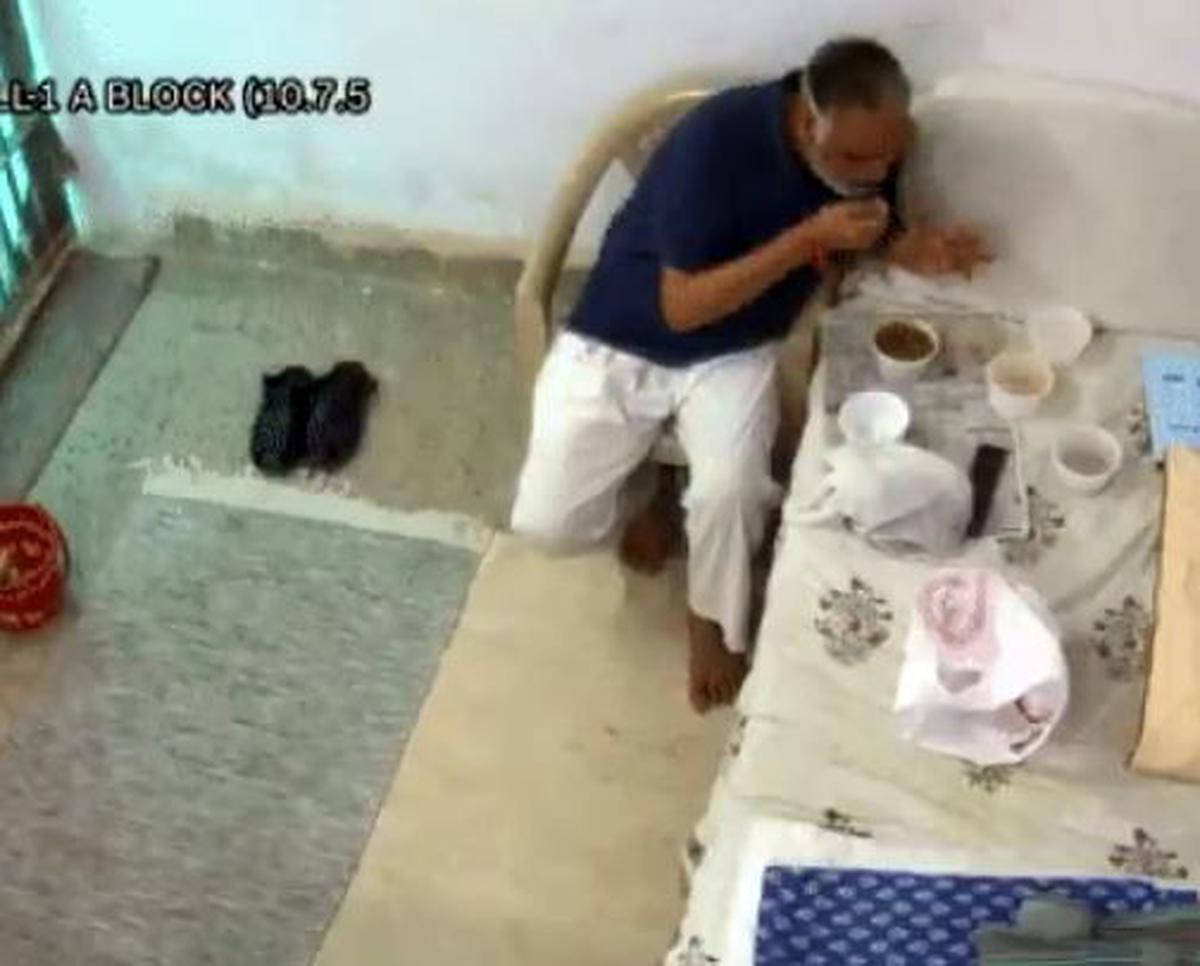
Delhi court directs Tihar Jail to provide Satyendar Jain food as per rules
The Hindu
Satyendar Jain said he was "a strict adherent of Jainism", but he was not being provided with the basic food that is partaken under his religion and medical facilities inside the prison
A Delhi court on November 23 directed Tihar jail authorities to provide food to jailed AAP minister Satyendar Kumar Jain during his religious fast, in accordance with the relevant rules.
Special Judge Vikas Dhull passed the order while directing the jail authorities to file their reply by tomorrow containing details of food provided to Mr. Jain, in the past six months.
The court was hearing a plea moved by Mr. Jain, alleging that the jail administration had stopped giving him the food allowed "as per law", during his religious fast.
A fresh row erupted on Wednesday after videos of the jailed minister purportedly eating uncooked vegetables and fruits in his Tihar jail cell, emerged, with Union Minister Meenakshi Lekhi alleging that he was enjoying facilities akin to a holiday resort.
Also Read | Videos of AAP leader Satyendar Jain getting foot massage inside Tihar jail goes viral; BJP questions Kejriwal’s silence on ‘spa massage party’
The videos surfaced after he moved court alleging he was not being provided raw food according to his religious beliefs. However, the purported videos are dated September 13 and October 1.
Mr. Jain's application sought a direction to Tihar officials to provide him with food items like fruits, dry fruits and dates, according to his religious beliefs, as he was observing a fast.













